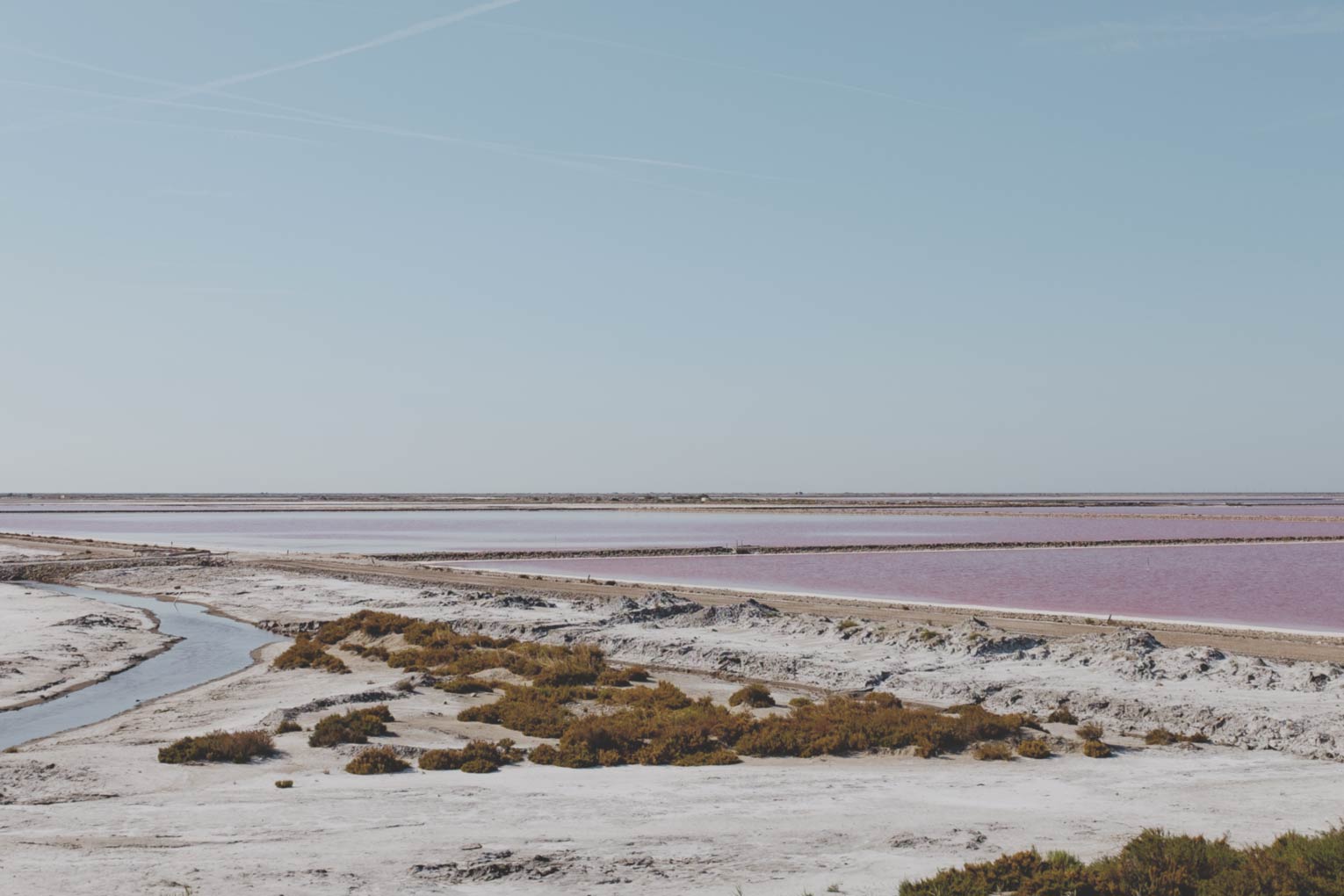
I’ve always liked that powerful video by S.M. Lockeridge where he repeatedly booms out, “It’s Friday. But they don’t know Sunday is coming." I’ve often thought about making a spoof of this for pastors called “It’s Monday, but Sunday is coming."
Mondays are tough on pastors. For some, feelings of discouragement, anxiety, and depression will begin to kick in as early as Sunday afternoon.
This really isn’t unique to pastors. Even if you aren’t a pastor I’m guessing that you have had times of a great spiritual high, only to find yourself the next day feeling like a total schmuck. This experience is what Archibald Hart calls “Post-adrenaline depression." He describes it this way:
“…what I was experiencing was a profound shutdown of my adrenal system, following a period of high stress or demand. It was as if my adrenal system were saying, 'That’s enough abuse for now; let’s give it a break,' and shut down so that I had no choice in the matter.”
Sometimes we experience this because we are adrenaline junkies. On occasion this is our experience because the season demands that all we have to rely upon is God-given adrenaline. The problem is that we often abuse adrenaline. We get addicted to the highs and become pleasure-seeking adrenaline junkies. So, whether you are addicted to adrenaline or you just crash after big events there is wisdom in understanding post-adrenaline depression.
So, what do we do when we crash? How do we fight post-adrenaline depression? Hart’s suggestion may seem surprising: “cooperate with it." He further explains. “When the adrenal system crashes, its need for rejuvenation far exceeds my need just to feel good. In fact, the mood that it creates is deliberately designed to slow me down so that recovery can take place.”
Rather than fighting this feeling it is best to listen to its message. Try to relax. Do not try to find more adrenaline by sky-diving on your day off, just rest, do low-grade activity. As a pastor it may be wise not to take your day off on Monday but rather do “fill-up” things in the office to recover. Take your day off when you could actually enjoy it.
Hart offers a few more helpful suggestions for dealing with this:
As soon as possible after the activity is over, go aside and relax for a while.
Allow the low mood to come over you, welcoming it as your friend.
Pay attention to what the “healing” process feels like in your body; it’s not really unpleasant if you interpret it as something good.
Continue to relax for as long as possible, without tackling any task awaiting you, giving priority to your recovery.
When you feel like it, mark time by doing routine, low-adrenaline demand activities”
If you are feeling depressed, accept the feeling as part of the recover process—it has no other significance, so don’t try to interpret your feeling or believe any of the negative self-talk that always accompanies it
Hart’s advice has been helpful for me as I adjust to preaching three times every Sunday. I’ve learned to guard time on Mondays for getting filled back up. I need the gospel to penetrate my own soul on Monday mornings. Though its true of every day of the week, on Mondays I really need to be a disciple more than a pastor.
Congregations can help their pastors with this too. Pray for them on Mondays. If you need to schedule a meeting with your pastor, it might be best to do it on Tuesday. Let him have Monday to recover, if possible.
He isn’t being lazy—he’s being human. Monday morning depression is a real thing for most pastors.
If you are interested in what Hart has to say about the Monday morning blues, I would suggest these two books: Unmasking Male Depression and Adrenaline and Stress.

